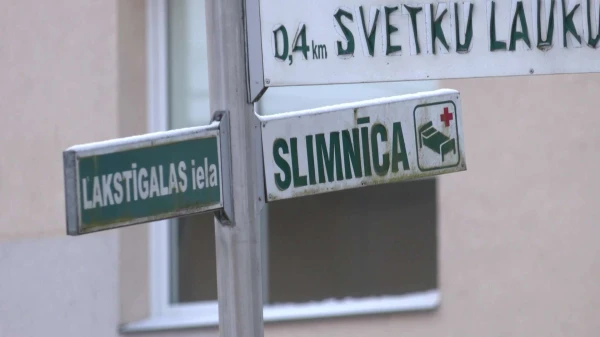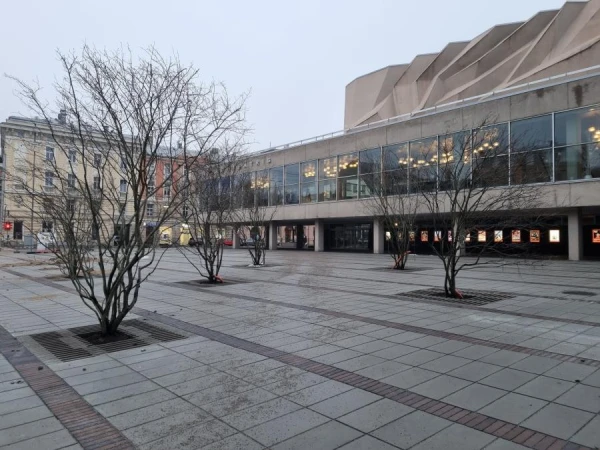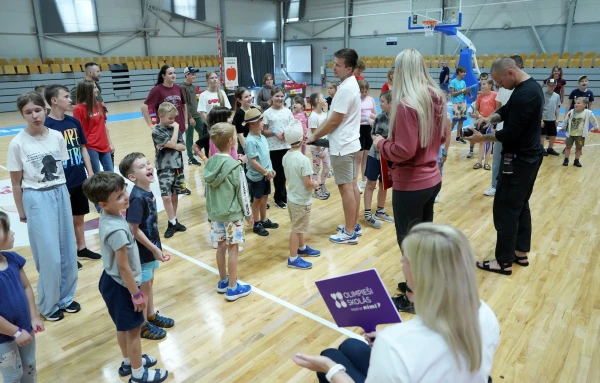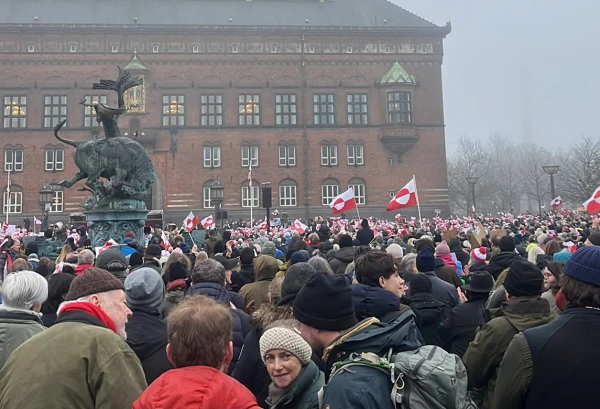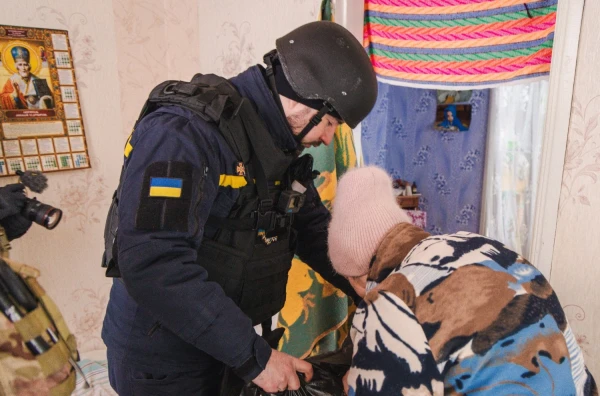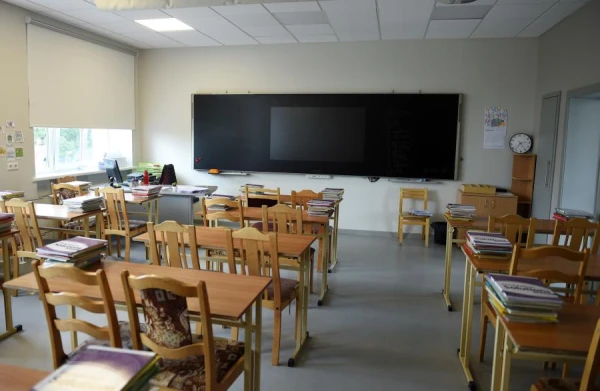
The shortage of teachers and threats of collapse in the education system were discussed in the program "National Interests Club" on TV24 by Kaspars Spunde, a member of the Riga City Council and former history teacher, Evija Papule, an education expert, and Anita Petterkopa, head of the general education department of the Riga City Education Department, writes LA.LV.
In many schools, teachers are leaving, unable to cope with what is happening. Spunde shares his experience: a history teacher, full of enthusiasm, started working on September 1, and after a week and a half told the principal, "That's it, I'm sorry, I can't do this anymore..."
School principals note that the availability of teachers is at a critical level, even in large cities.
Papule emphasizes: "Latvian language teachers are hard to find. The workload is 32 contact hours, just like in the old days. The dream of the Latvian Trade Union of Education and Science Workers (LIZDA) for a balanced workload has collapsed because there are simply no teachers."
She adds that the older generation agrees with the current state of affairs, while young teachers simply leave schools, as such a workload is no longer acceptable. A similar situation may also affect music and mathematics teachers.
Petterkopa notes that Riga started the school year with more than 100 vacancies, and now 82 remain open. The main problem is the lack of Latvian language and mathematics teachers, as well as a shortage of assistants. This complicates the implementation of reforms, even if the government allocates additional funds, as there are no staff to implement them.
The Čiekurkalns Primary School has become an example of the consequences of a long-standing shortage of Latvian language teachers. The previous principal admitted that she could no longer ensure a quality educational process, so the school was ready to join another one.
She also notes that poaching teachers is fundamentally the wrong approach. Many teachers from Riga have left to work in Mārupe and other municipalities around Riga, where they are paid at least 200 euros more.
Young teachers, in turn, often choose an alternative - to work online as private tutors. This is easier and involves less responsibility for the final result, unlike the school process.
At the same time, Papule emphasizes that school principals, in order to ensure the quality of education, no longer hire just anyone to fill a position. Vacant positions are not filled out of despair. "Sometimes people from other fields come who think they can work in a school, but principals - at least in my experience, do not hire such people."

